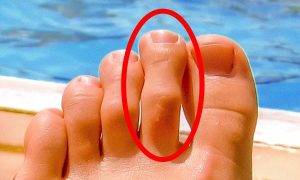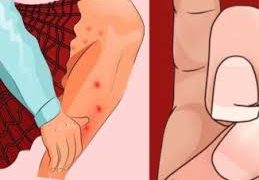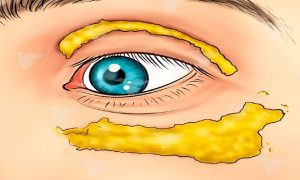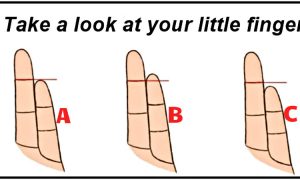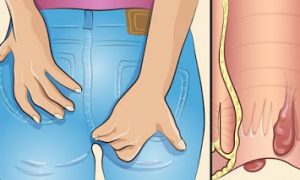
Most of us don’t know much about rectal cancer, as it is not one of the most frequent or commonly occurring cancers. But, unfortunately, this form of cancer occurs more in women than men. Something that makes it even more complicated is the fact that it doesn’t have any discernible symptom or any signs that it can be easily treated or diagnosed. Most of the times, the signs lead to some other diagnosis. So, how do we really distinguish rectal cancer from other forms of ailments of the rectum? Here are 6 symptoms that, more often than not, point towards rectal cancer:
Lumps
Might sound ridiculous, but lumps may actually lead to skin cancer. We have always associated lumps with warts, rashes, and other forms of skin problem. But lumps can also be the symptom of rectal cancer. It is best to get it checked by a doctor when your lump doesn’t go away in a day or two.
Bleeding
Again, nothing out of the ordinary. Anal bleeding might not be completely commonplace, but it isn’t one in a million either. But, it is imperative to know that anal bleeding can happen from different areas like the colon or rectum or anus. If we can identify the root of the bleeding, we would be able to understand the problem. It is quite fortunate indeed that the bleeding is different in color from the above mentioned three places. If it is from the anus, then it will be bright red.
Changing Bowel Movements
Bowel movements can be affected due to rectal cancer. We know that a change in our usual bowel movements can lead to constipation or it could also lead to diarrhea. But a complete lack of control over the bowel movements might indicate cancer.

Anal Discharge
If you are suffering from rectal cancer, then there might be some sort of a discharge of mucus from the anus. This discharge can also be due to bacterial formation or fissures. But what is important to note here is that the discharge in case of cancer would be yellowish in color and appear jelly-like.
Itching
According to several health surveys, any formation of swelling of the anus may be a clear indicator of anal cancer. It may be really itchy, but what you need to keep in mind is not to scratch it. It will cause a lot of pain and you might accidently rupture it.
Abscess
An abscess is a small lump of pus or simply, a gland filled with pus near or close to the anus. Any clogging in it might lead to rectal cancer. To identify abscess, look for a swollen pocket of pus near the anus which could lead to fever and pain.
What is most important is a quick visit to the doctor, for cancer usually turns fatal. What is the point in risking your life when you can get it cured easily? Just make some time from your busy schedule and pay a visit to your nearest hospital. After all, your life is at stake.



